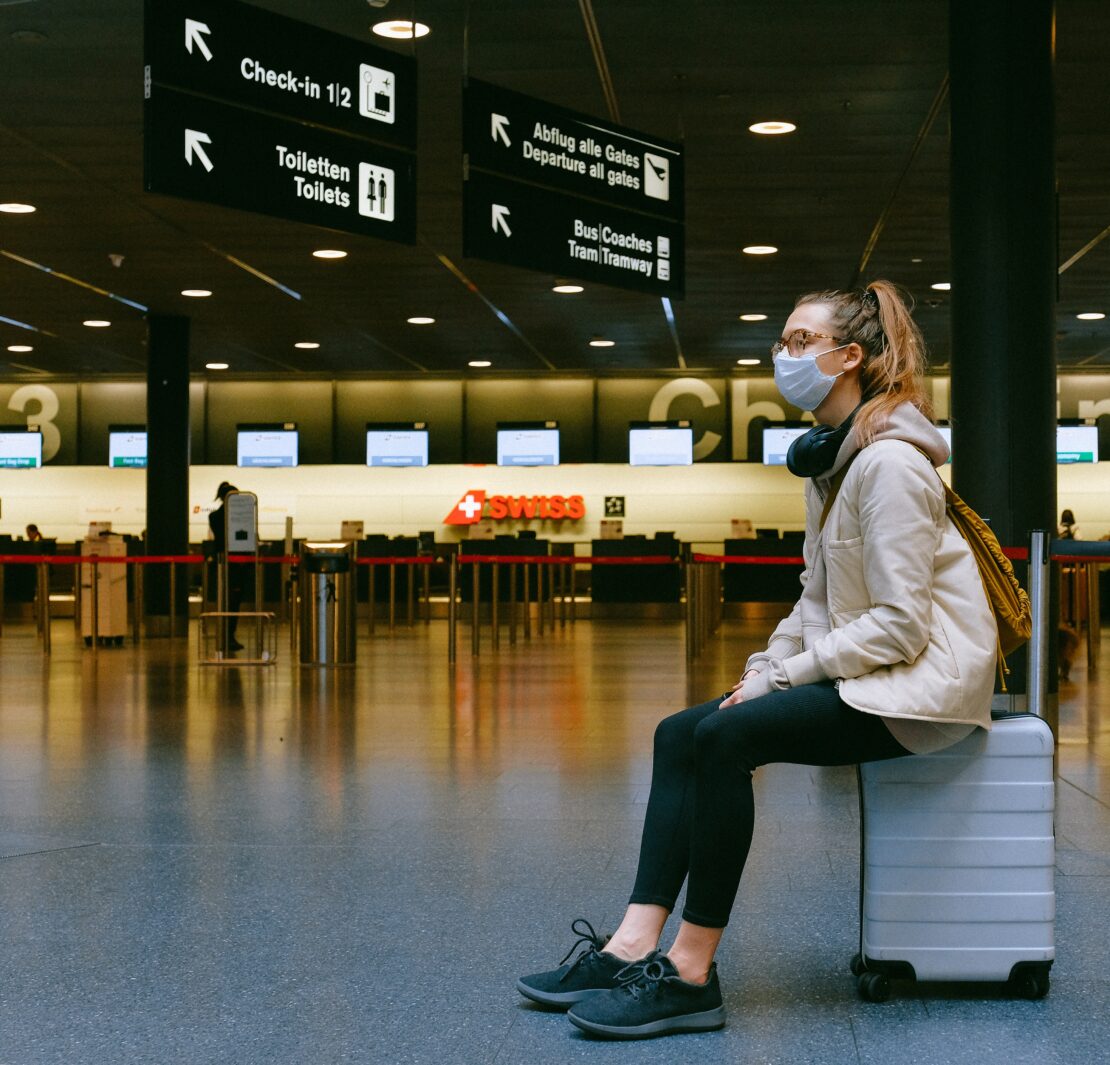According to CNN data2, widespread vaccination efforts resulted in almost 50% of the population having full vaccination status. Despite this data, which suggests that we are on our way towards achieving herd immunity, we have not yet overcome this pandemic. However, the viral infection mutates and produces variants that are more easily transmissible, contagious, and possibly immune to antibodies caused by illness recovery or vaccines. This is concerning for people with immunity, unvaccinated individuals, and people in vulnerable or susceptible groups.
Still, after spending the last 18 months indoors or limiting our time outdoors to reduce our risk of exposure or infection, many people long for a trip that involves more than going back and forth for essential travel. Warmer months plus loosened COVID-19 restrictions mean that people can resume traveling, spending time outdoors, and attending public activities. Many states welcome this, as these activities help with economic recovery. However, we should all exercise caution while traveling during the ongoing pandemic.
Everyone, regardless of vaccination status, should delay their travel to places experiencing surges in new COVID-19 cases1.
Traveling while Vaccinated
If you are fully vaccinated and want to travel, these strategies will help you remain safe during your travels:
- Bring proof of vaccination. Some airlines, establishments, and venues now require proof of vaccination or a negative COVID-19 test to enter.
- Wear your mask. COVID-19 variants appear to be more transmissible and contagious. Additionally, fully vaccinated individuals can still become infected and infect others. Thus, masks are a protective measure that, if nothing else, limit your exposure.
- Adhere to state and local guidelines (at your destination). These guidelines can include encouraging mask-wearing, social distancing, and capacity limitations.
- Monitor your health for symptoms.
Traveling while Unvaccinated
You can travel even if you are unvaccinated. However, you have to do a little more to remain safe during your travels:
- Get tested before you travel. Some airlines, establishments, and venues now require proof of a negative COVID-19 test to enter.
- Wear a mask. COVID-19 vaccinations help your body develop immunity against the virus. Without this level of protection, you may be more susceptible to becoming infected with a variant.
- Follow health and safety guidelines. These guidelines include social distancing, mask-wearing, and monitoring your health for new symptoms.
- Get tested when you return. You may also want to quarantine until your receive the results of your test. If you are exposed, this decreases your risk of infecting others.

